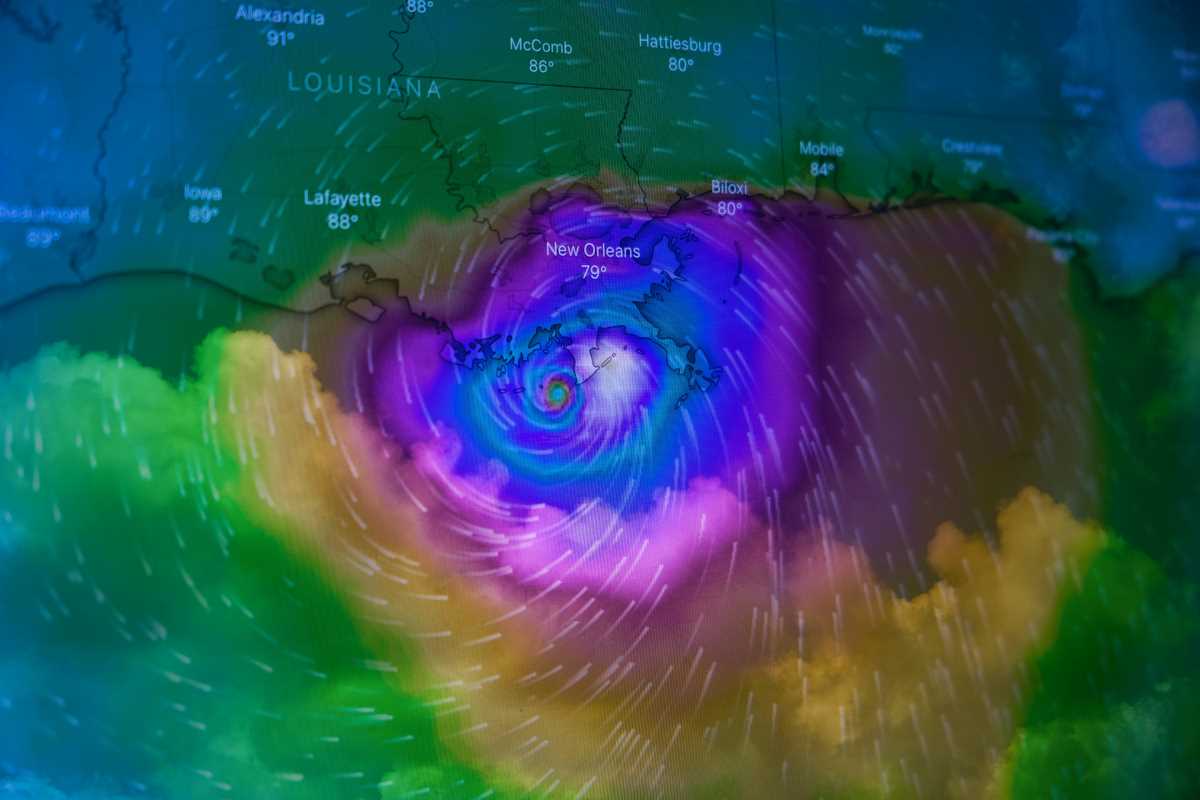High-performance computing (HPC) revolutionizes numerous areas by delivering the computational might needed to tackle intricate challenges. It serves as a backbone for endeavors ranging from groundbreaking scientific research to sophisticated financial modeling, executing tasks that demand extensive processing power. In the sphere of climate science, HPC stands as a crucial tool, significantly contributing to the creation and enhancement of climate change models. This enables scientists to gain deeper insights and make more accurate predictions about global climate patterns, ultimately advancing our understanding of the planet's changing environment.
Understanding High-Performance Computing
- Massive Processing Power: HPC systems consist of thousands of processors working in parallel to perform computations rapidly.
- Advanced Architecture: These systems use specialized hardware and optimized software to maximize efficiency and speed.
- Scalability: HPC solutions can scale up to accommodate increasing computational demands, making them adaptable to various research needs.
- High-Speed Data Transfer: Rapid movement of large data sets between processors and storage systems enhances overall performance.
- Energy Efficiency: Modern HPC systems are designed to deliver maximum performance while minimizing energy consumption.
The Importance of Climate Change Models
Climate change models serve as essential tools that scientists use to simulate and predict future climate conditions. These models incorporate various factors such as greenhouse gas emissions, solar radiation, and ocean currents to forecast changes in temperature, precipitation, and other climate variables. By analyzing these predictions, researchers can assess the potential impacts of climate change on ecosystems, weather patterns, and human societies.
Climate change models help policymakers make informed decisions about environmental policies and mitigation plans. Accurate models provide a basis for understanding the long-term effects of different intervention scenarios, enabling governments and organizations to plan effectively for a sustainable future.
How HPC Enhances Climate Change Models
- Data Processing: HPC systems handle vast amounts of meteorological data, allowing for more detailed and comprehensive climate models.
- Increased Resolution: With greater computational power, models can achieve higher spatial and temporal resolutions, capturing finer climate dynamics.
- Faster Simulations: HPC reduces the time required to run complex simulations, enabling researchers to perform multiple iterations and refine their models more efficiently.
- Integration of Variables: High-performance computing facilitates the integration of diverse variables and data sources, enhancing the robustness of climate models.
- Real-Time Analysis: HPC allows for real-time data analysis and model updates, improving the accuracy and responsiveness of climate predictions.
Challenges and Limitations
Despite its advantages, integrating HPC with climate models presents several challenges. One significant issue involves the high cost associated with acquiring and maintaining HPC infrastructure. The initial investment and ongoing operational expenses can be prohibitive for many research institutions and organizations.
Another limitation includes the complexity of effectively utilizing HPC resources. Developing and optimizing software to run efficiently on HPC systems requires specialized expertise, which may not always be readily available. As the volume of information processed by HPC systems increases, data management becomes more complicated, necessitating advanced storage and retrieval solutions.
Real-World Applications of HPC in Climate Science
HPC has played a vital role in advancing climate science through various real-world applications. One notable example features the use of supercomputers by meteorological agencies to improve weather forecasting accuracy. These advanced systems analyze vast data sets from satellites, ground stations, and ocean buoys to produce more precise and timely weather predictions.
Another application involves the study of extreme weather events. HPC enables scientists to simulate and analyze events like hurricanes, heatwaves, and floods with greater detail, helping to understand their underlying mechanisms and potential future trends. This information proves crucial for developing methods to reduce the impacts of such events on communities and infrastructure. The integration of HPC in studying climate change has led to significant breakthroughs, enhancing our ability to address environmental challenges effectively.
High-performance computing plays a vital role in advancing climate science by making models more accurate, efficient, and insightful—helping us better understand and respond to global environmental changes.
 (Image via
(Image via





